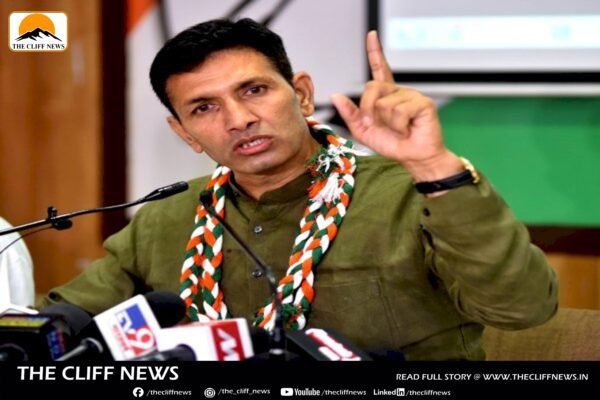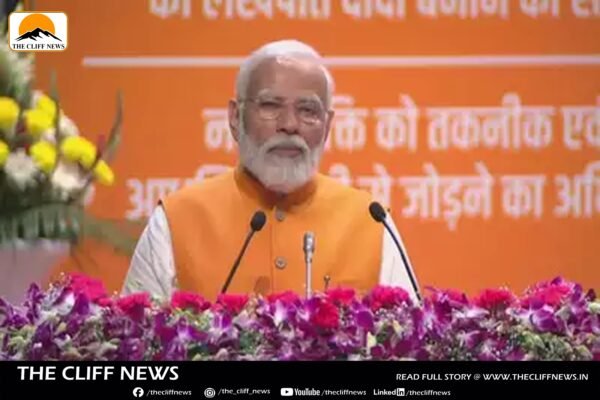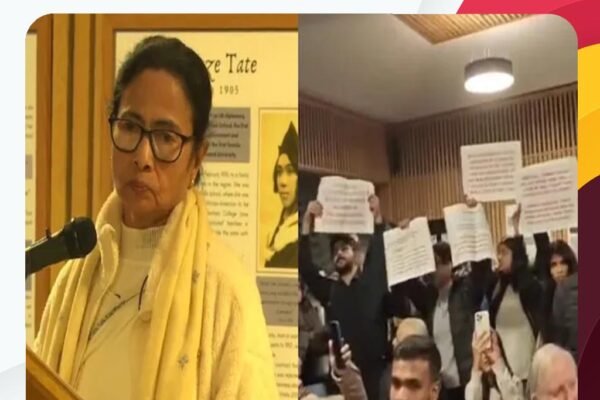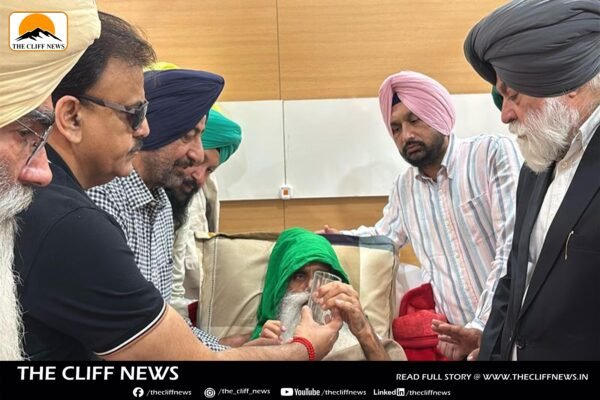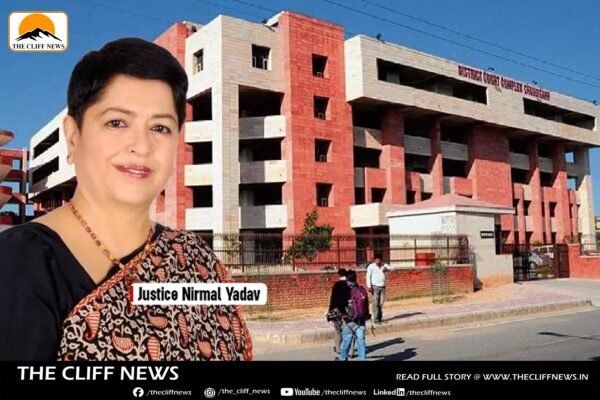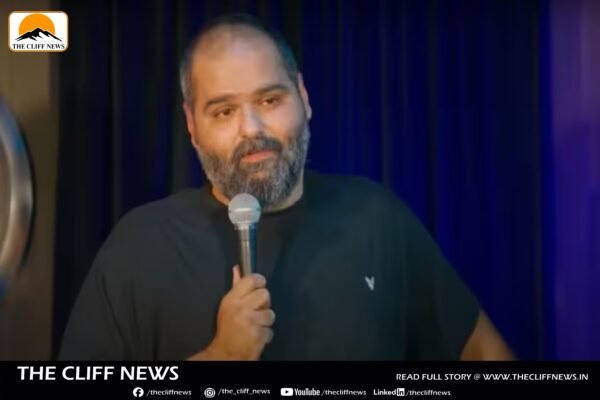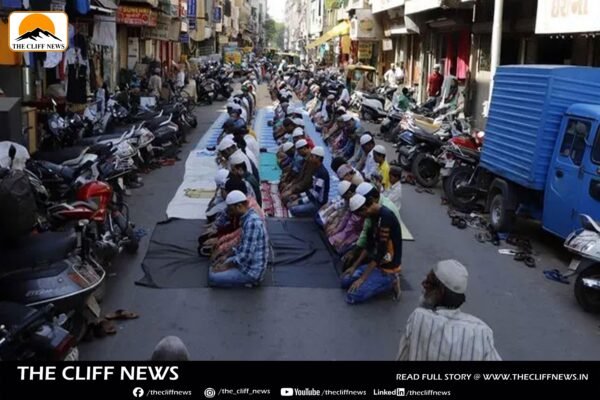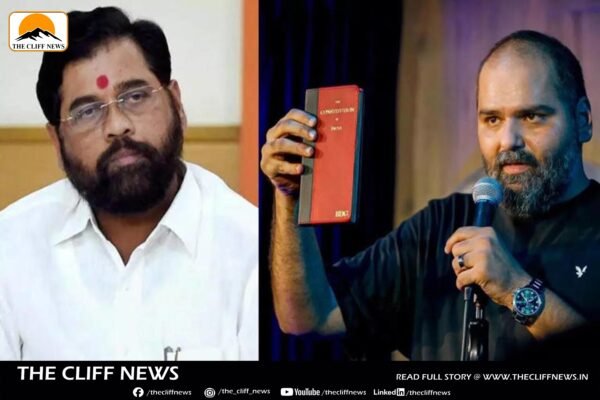Telangana CM Revanth Reddy Heads to Delhi Seeking Support for 42% BC Reservation Bill
Hyderabad: Telangana Chief Minister A. Revanth Reddy is set to travel to Delhi on Tuesday evening to rally national support for the newly passed state legislation that grants 42 per cent reservations for Backward Classes (BCs) in education, employment, and local bodies. Accompanied by key ministers, Congress legislators from BC communities, and an all-party group of MPs, the Chief Minister will focus on building consensus and urging the Union government to provide constitutional protection to the policy. The primary aim of the visit is to persuade the Centre to include the 42 per cent BC quota in the Ninth Schedule of the Indian Constitution. Doing so would safeguard the policy from judicial challenges and enable its implementation despite the overall reservation level in Telangana rising to 67 per cent—well above the Supreme Court’s 50 per cent cap. Drawing parallels with Tamil Nadu’s 69 per cent reservation policy, the state government seeks similar constitutional backing to ensure long-term protection. During his two-day stay in the national capital on April 2 and 3, Revanth Reddy will participate in a large-scale protest (‘maha dharna’) organized by BC associations. The demonstration will emphasize the demand for the Central government to pass a Bill endorsing the reservation policy during the ongoing Budget session of Parliament. Congress leader Rahul Gandhi, the Leader of the Opposition in the Lok Sabha, is also expected to join the protest, reinforcing the push for the BC reservation bill. The delegation plans to present the findings of a caste survey conducted in Telangana, highlighting the need for increased representation and empowerment of BC communities. The leaders aim to make a compelling case by demonstrating broad-based political and social support for the new reservation policy. Accompanying the Chief Minister are prominent leaders, including Deputy Chief Minister Mallu Bhatti Vikramarka, ministers Ponnam Prabhakar and Konda Surekha, and TPCC chief B. Mahesh Kumar Goud. Additionally, notable BC legislators such as Adi Srinivas, Birla Ailayya, Makkan Singh Raj Thakur, Vakiti Srihari, and Eerlapalli Shankarayya will be part of the delegation. With the issue gaining momentum, all eyes are now on Delhi as the Telangana government seeks to secure constitutional backing for its landmark reservation policy.


